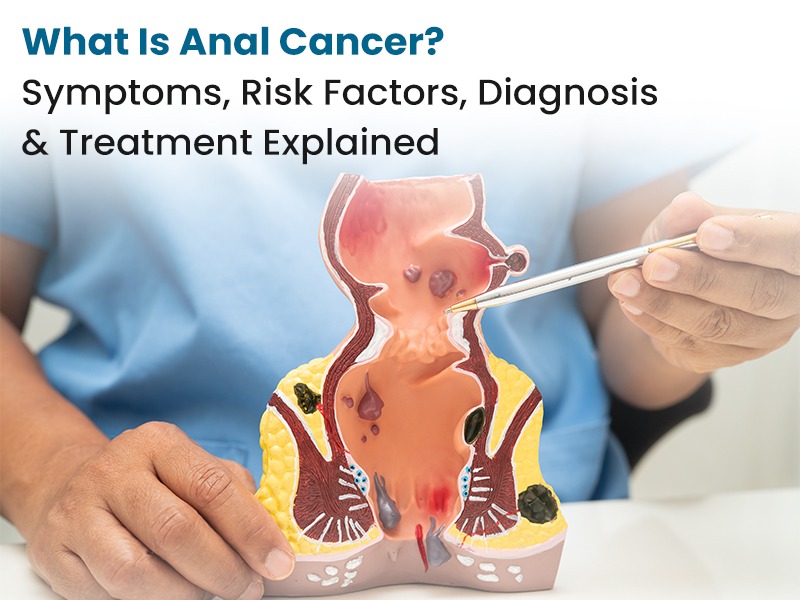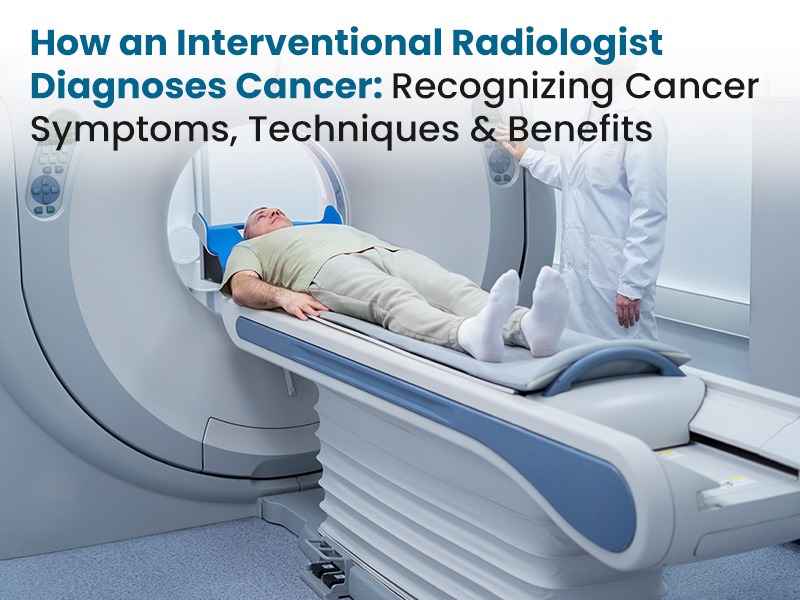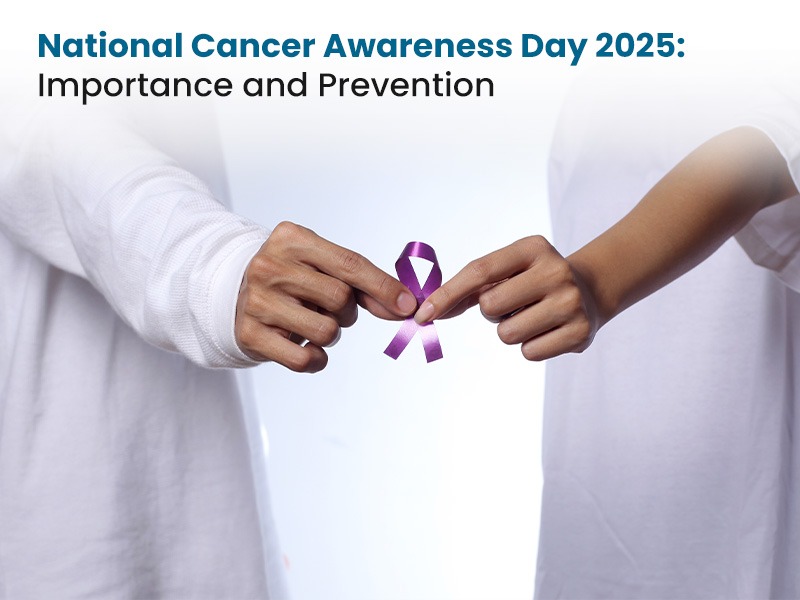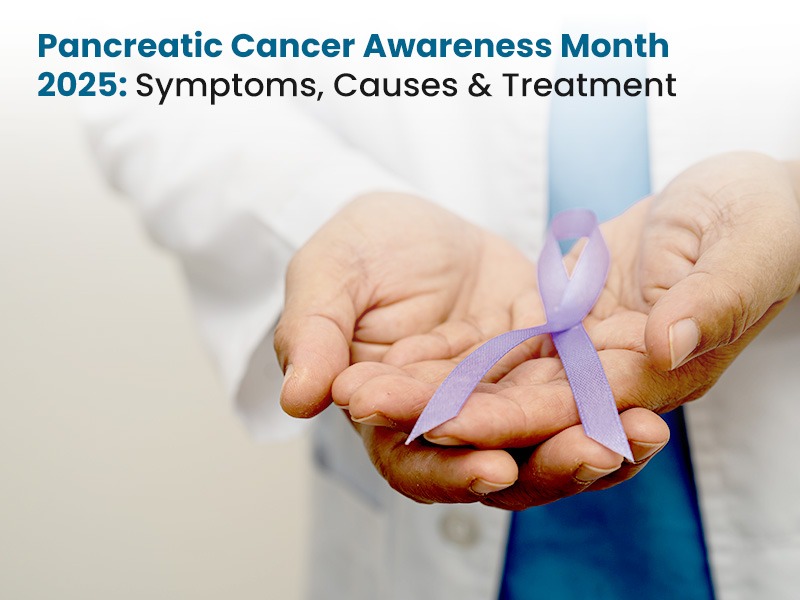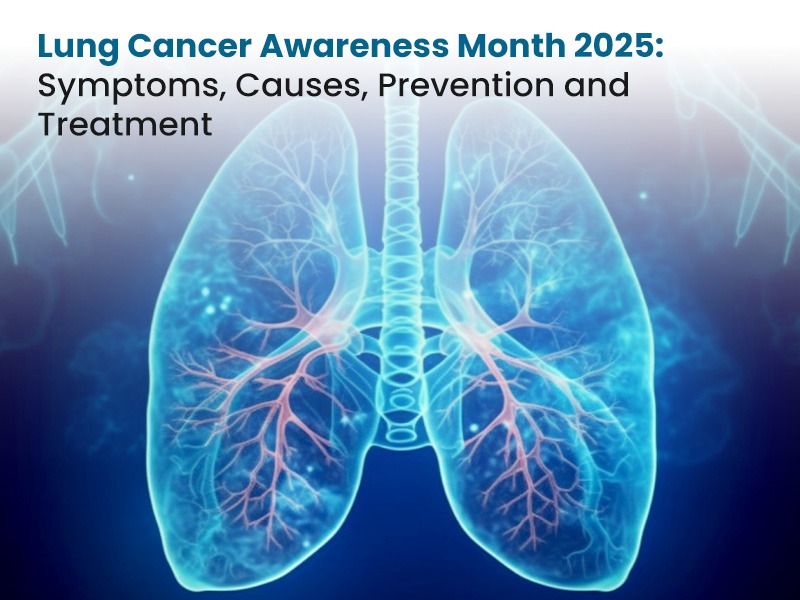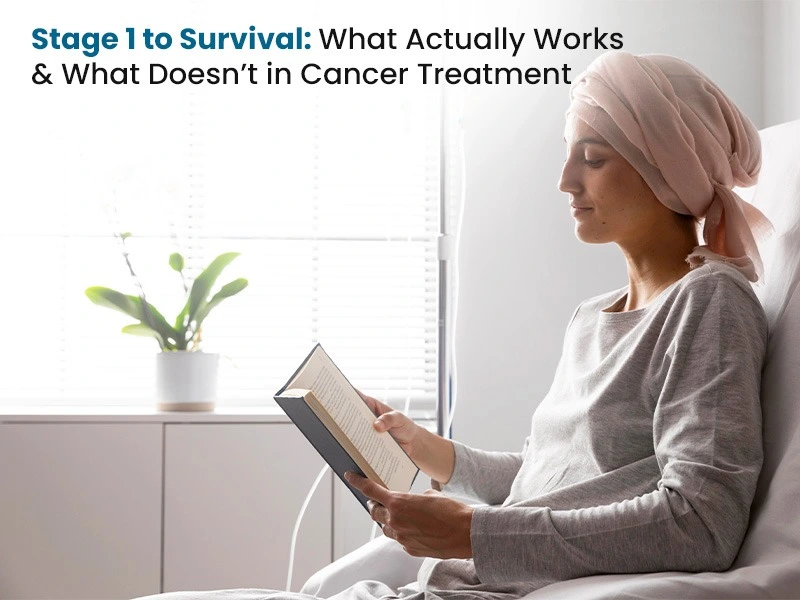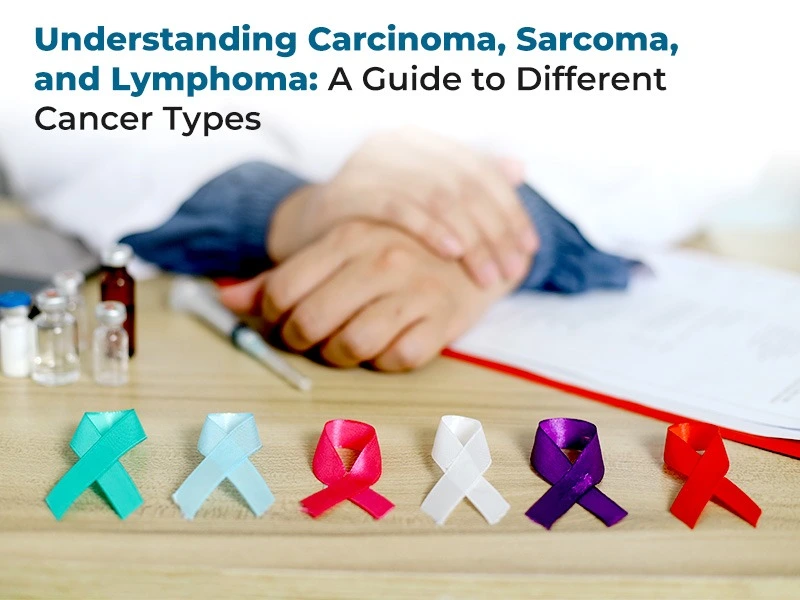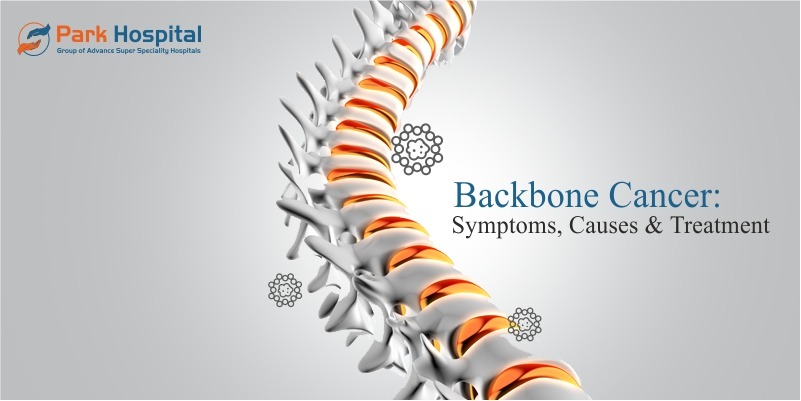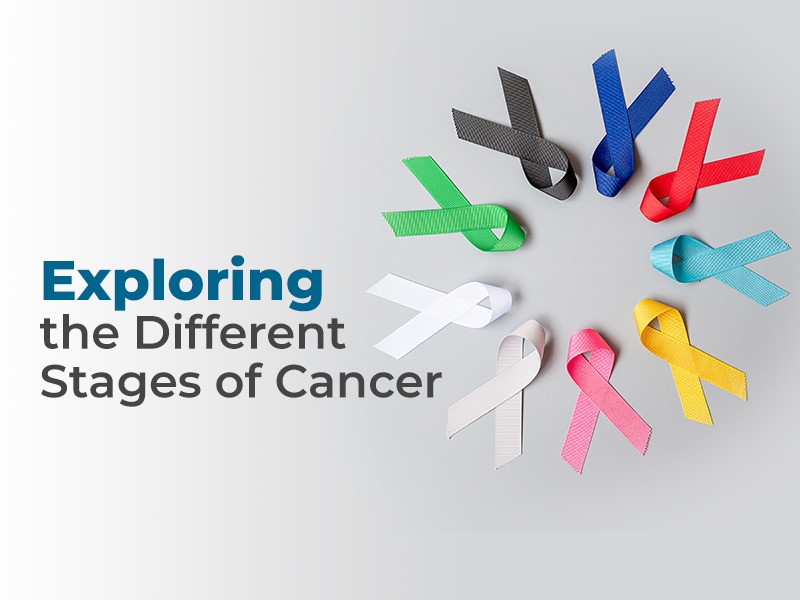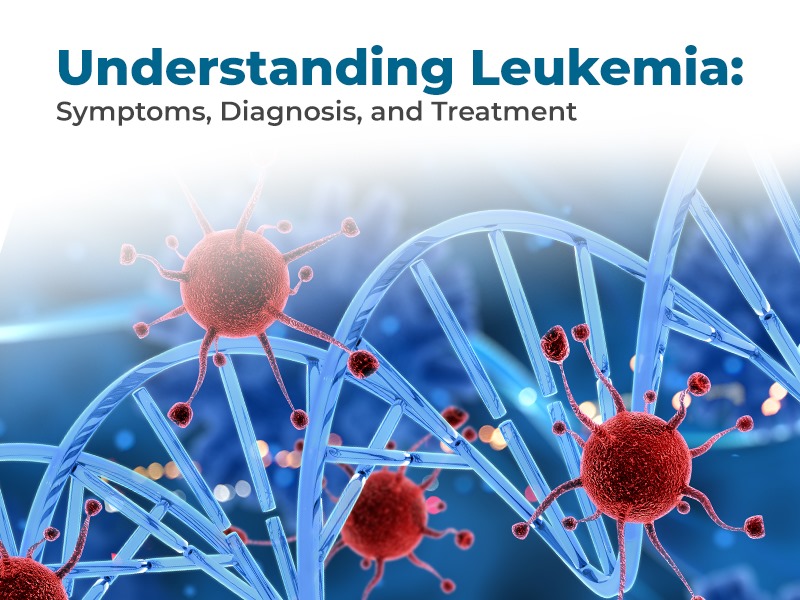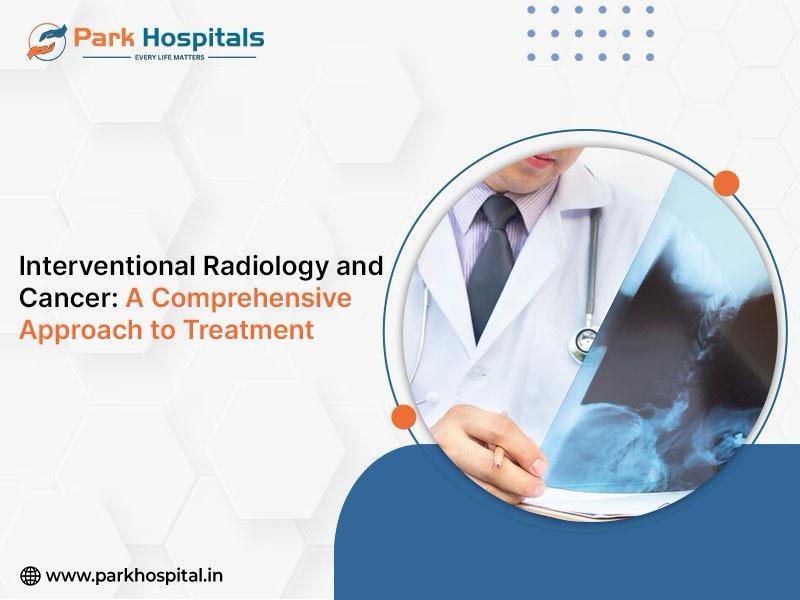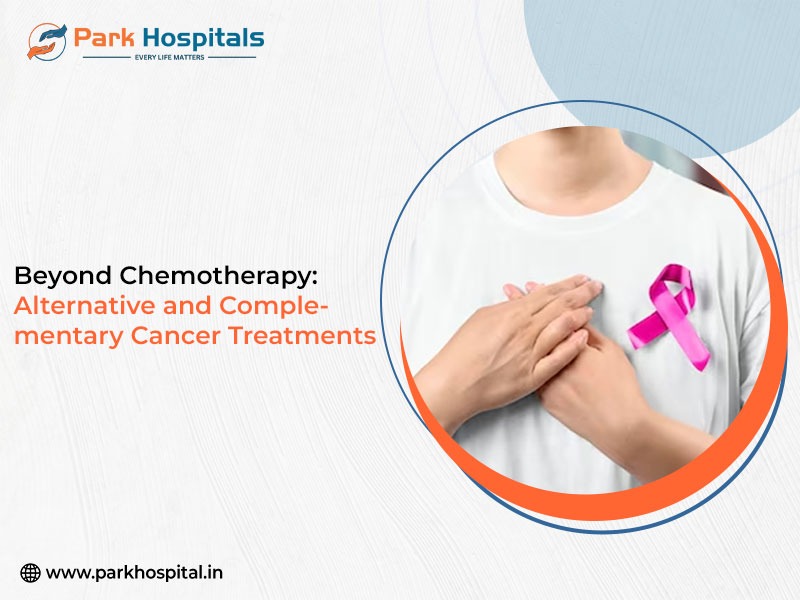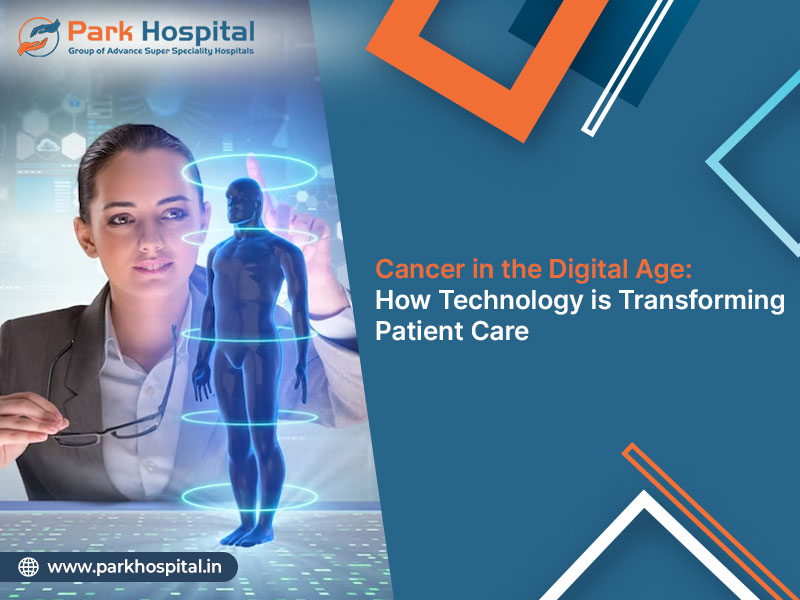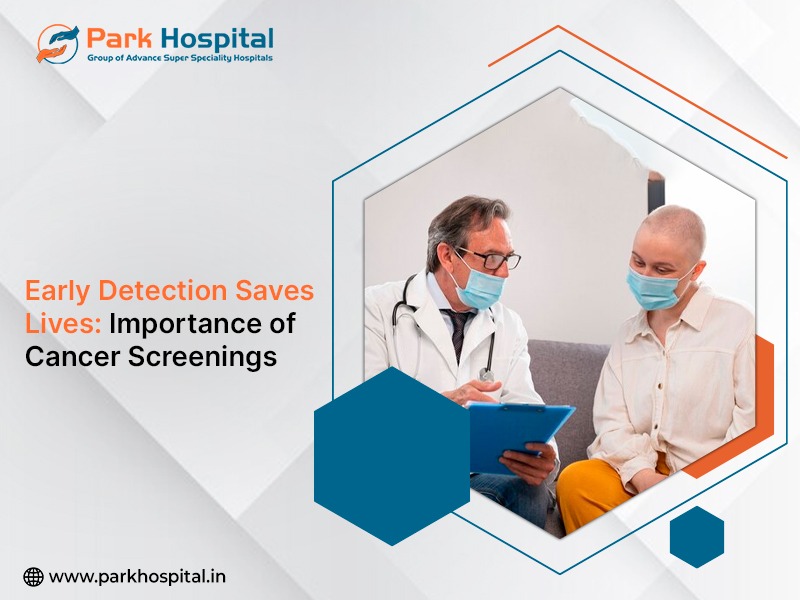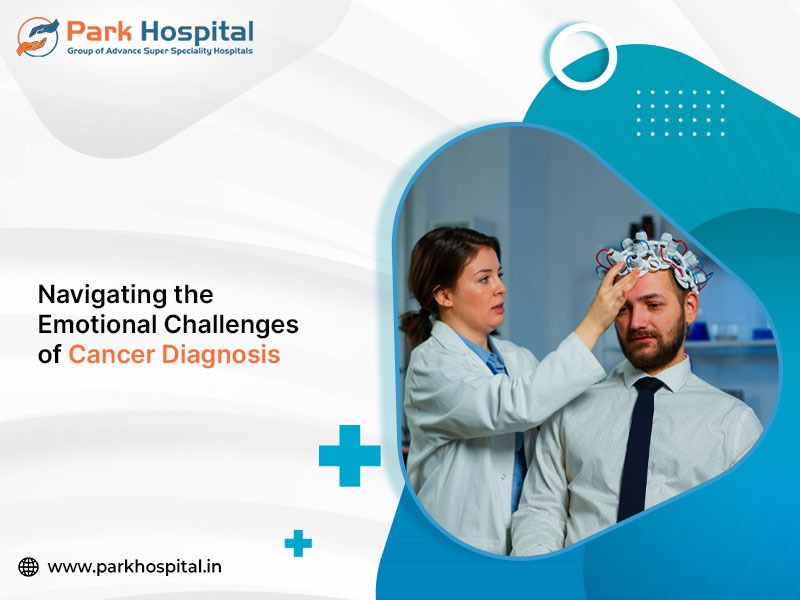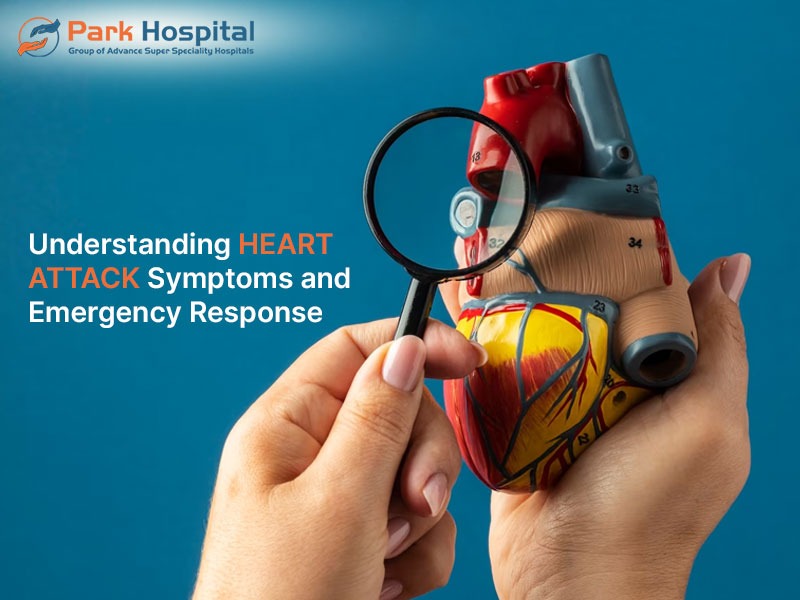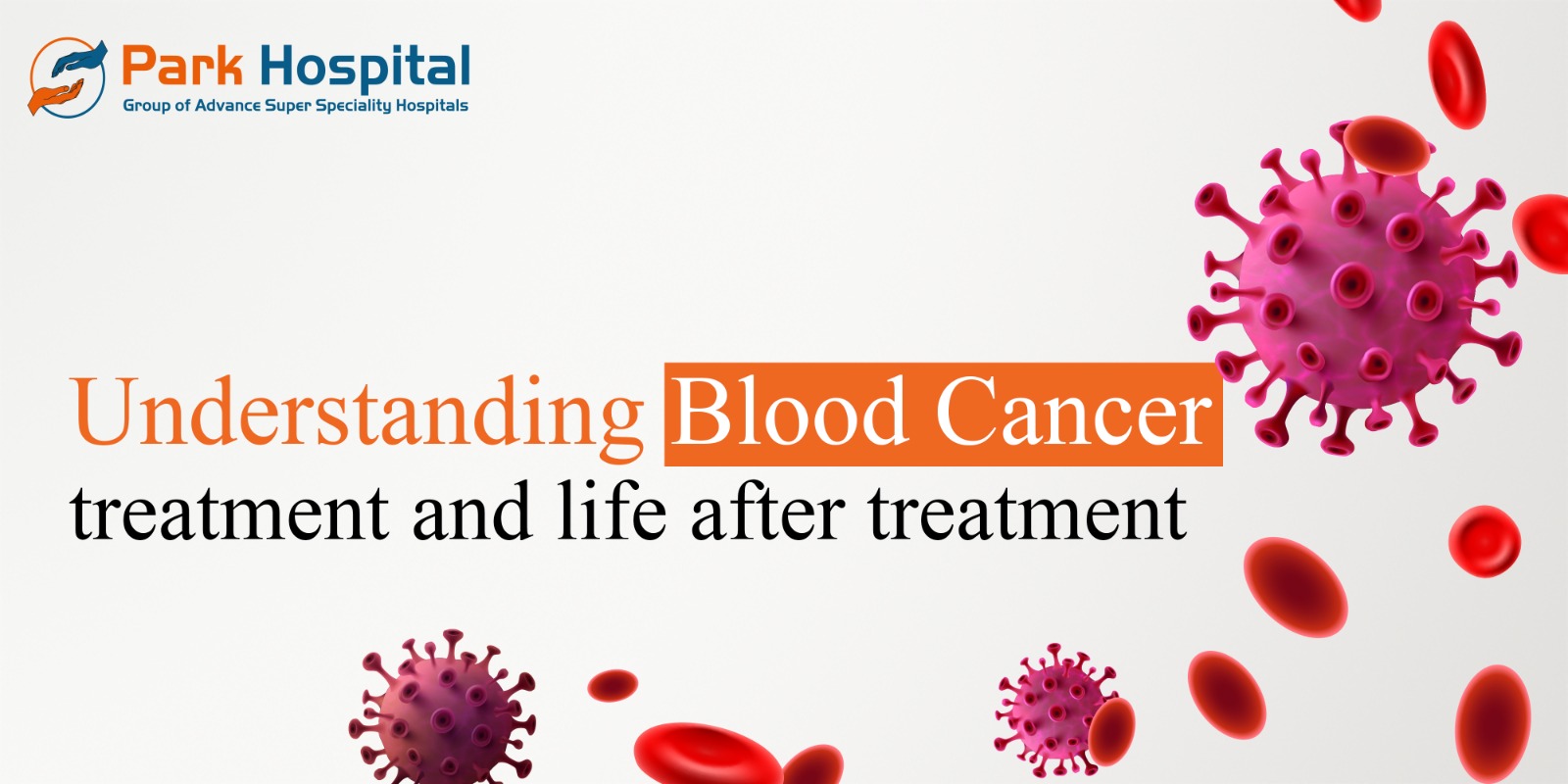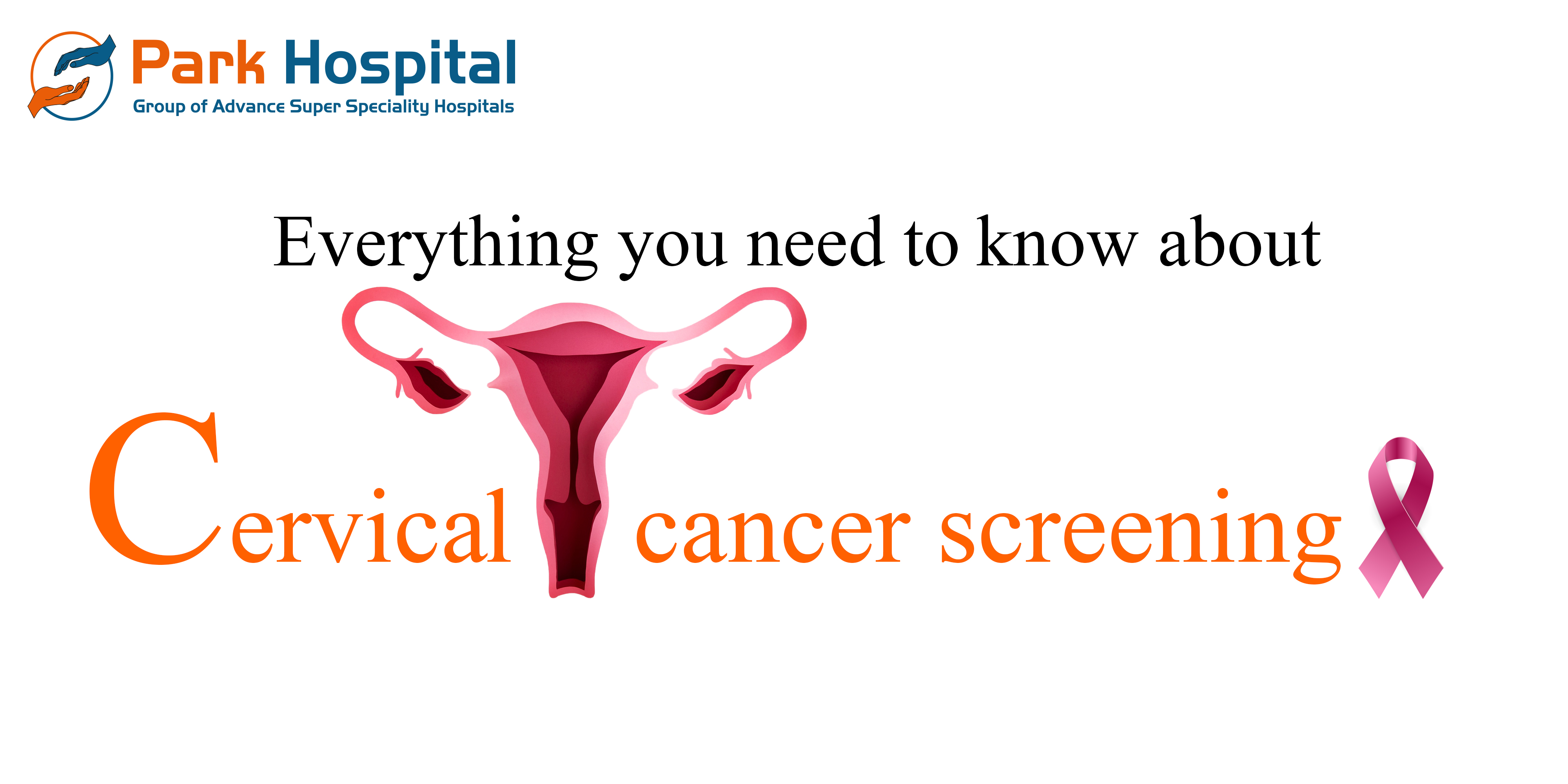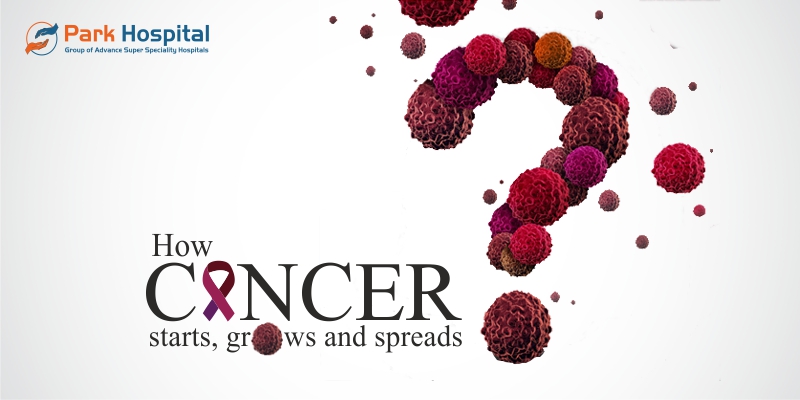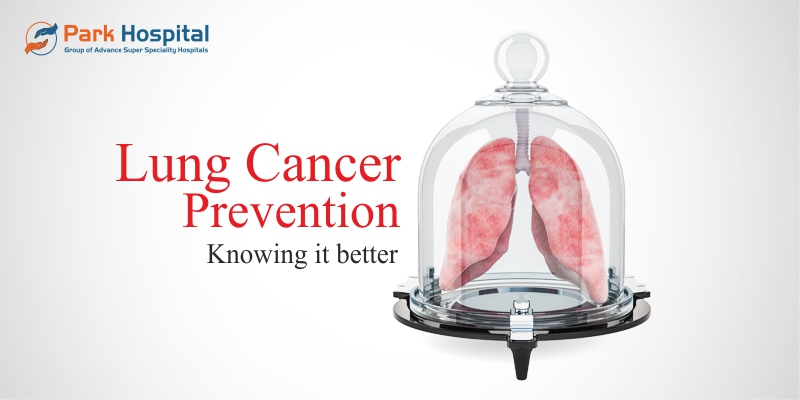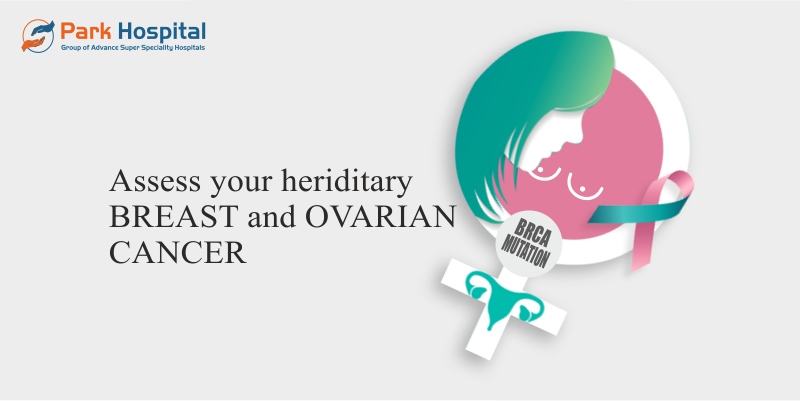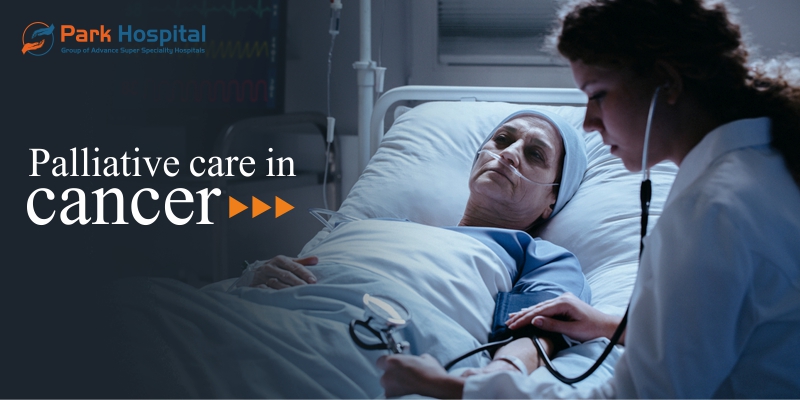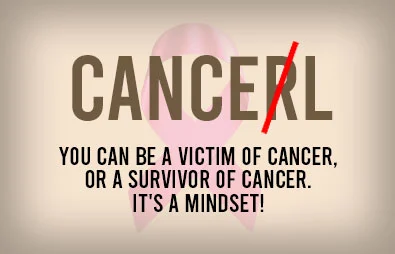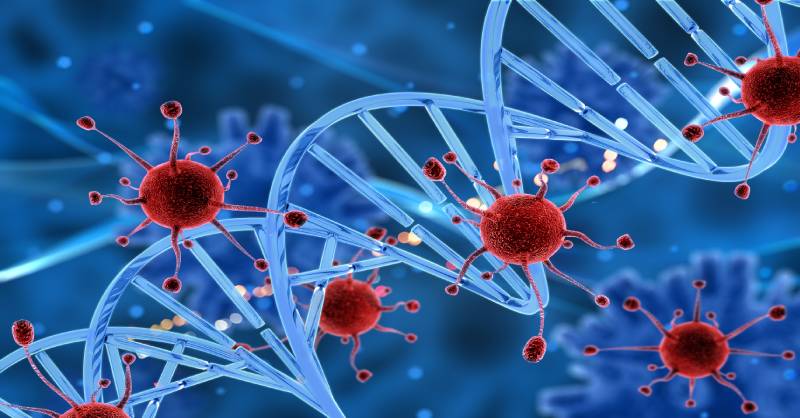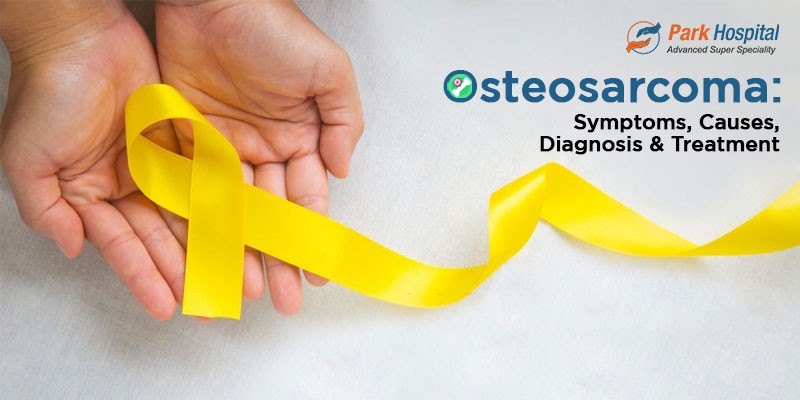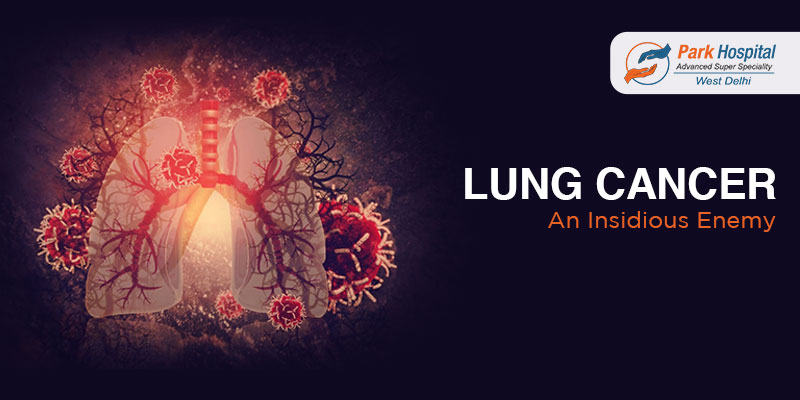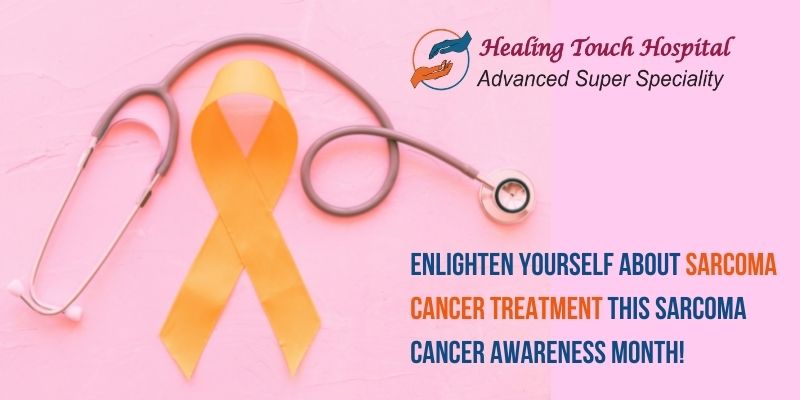Multi-speciality cancer hospitals today set a new benchmark in redefining oncology through prompt detection, coordinated treatment pathways, combined with compassion. For complex or hard-to-treat cancers, access to medical innovations can make a big difference in improving cancer survival. Additionally, these hospitals in India actively participate in clinical trials, enabling access to pioneering cancer treatments before they become mainstream.
A publication by the Indian Journal of Medical Research projects that the number of cancer incidences for 2025 will reach nearly 1.57 million annually. So, read on to learn how multi-speciality cancer hospitals exemplify the standards of treatment, offering the latest therapies and a patient-first approach for those beating cancer.
How Multi-Speciality Care Improves Cancer Survival Rates?
A collaborative effort between diverse experts with various specialists is integral to functioning at a trusted multi-speciality cancer treatment hospital. Cited below are points showing medical experts put in collective effort to improve cancer survival rates:
They include surgery, radiation therapy, medical oncology, pathology, radiology, and palliative care. Improved precision and a boost in survival rates are a result of this team-based approach that would otherwise be unavailable in single-care hospitals.
A specialised cancer hospital uses advanced technology, minimally invasive surgeries, targeted therapies, Immunotherapy, and cutting-edge imaging. With these, cancer can be identified sooner, improving the precision and impact of treatment.
The best cancer hospital in India will offer guidance on nutrition, psychological counselling, rehabilitation, and palliative care. Side effect management helps maintain cancer sustainability, continuity and improves daily life routines.
How Technology Drives Success in Multi-Speciality Hospitals?
Multi-speciality hospitals lead in the domain of research work and innovation centres. They run clinical trials to bring advanced therapies like targeted drugs and immunotherapy to patients faster. In Delhi and Faridabad, cancer specialists use modern tools for better cervical cancer treatment and other complex conditions:
AI-Guided Imaging & Early Detection
AI improves MRI and digital colposcopy scans, spotting early signs of cervical cancer with over 90% accuracy, which helps doctors start treatment sooner.
Next-Generation Sequencing (NGS)
A simple biopsy is tested for DNA changes and HPV type within 7–10 days. Results help match patients with the best targeted or immune-based treatments.
Virtual Tumour Boards
Doctors from different fields meet online every week to review cases. This speeds up treatment decisions from weeks to just days.
Robotic-Assisted Surgery
Advanced surgical robots give 3D views and precise movements. Patients have smaller cuts, lose less blood, and usually go home two days earlier than with open surgery.
Real-Time Radiotherapy
Smart machines adjust radiation beams on a daily basis to match tumour changes, which protects the healthy tissue reducing side effects.
Digital Chemotherapy Suites
Infusion pumps linked to patient records are capable of automatically changing the dose helping to optimise chemotherapy treatment.
Patient Mobile Apps
Apps send reminders for medicines, exercises, and scans to patients. It also enables patients to report symptoms instantly for quicker medical help.
On-Site Clinical Trials
Hospitals run advanced trials for new cancer treatments and vaccines. Patients get the privileges for early access with no additional cost.
Infection Control with Smart Sensors
Smart sensors aid in cutting infection rates by up to 35%as they track hygiene, airflow, and infection control by sterilisation of operating rooms.
Wearable Health Monitors
After discharge, small patches track heart rate, oxygen, and temperature. Any problem alerts the hospital for quick action.
Find the Best Multi-Speciality Cancer Hospital in Delhi NCR!
Patients often find that better survival outcomes are achievable at a trusted multi-speciality cancer hospital. One of the reasons is that their team collaborates toward advanced diagnostics, expert treatment plans, emotional care, and clinical trials under one roof. They possess acumen for early detection of cancer symptoms, enabling specialists to design precise treatments unique to the patient.
Park hospitals in Delhi or Faridabad are examples of how specialised cancer care can speed up recovery, boost survival rates, and support patients’ emotional well-being. To get expert consultation from a cancer specialist in Faridabad, book your appointment today!
Also Read About: Hidden Cancer Causes: Everyday Things That Might Increase Your Risk
FAQs
What is a multi-speciality cancer hospital?
A multi-speciality cancer hospital houses surgeons, oncologists, radiologists, and support teams together, so every stage of cancer care happens under one roof.
How do multi-speciality hospitals help improve cancer outcomes?
The outcome is due to improvisation as the doctors meet daily, share scans, and adjust medicines quickly. They also combine surgery, chemo, radiation, and rehab into one coordinated treatment plan.
Are multi-speciality hospitals better than general hospitals for cancer care?
Compared with general hospitals, multi-speciality centres treat more cancer cases, have dedicated labs, and follow strict protocols. Therefore, they achieve higher survival rates and fewer complications.
Do multi-speciality hospitals offer clinical trials?
Most leading multi-speciality cancer hospitals run phase I through to phase III clinical trials to improve therapies. They help eligible patients try promising new drugs before they reach the wider market.
Is cancer treatment more expensive at these hospitals?
Specialised staff and technology can lead to higher bills, but insurance often covers costs. The higher costs may imply improved treatment outcomes, which reduces the need for repeat visits and additional charges to be incurred on the patient's bill.


